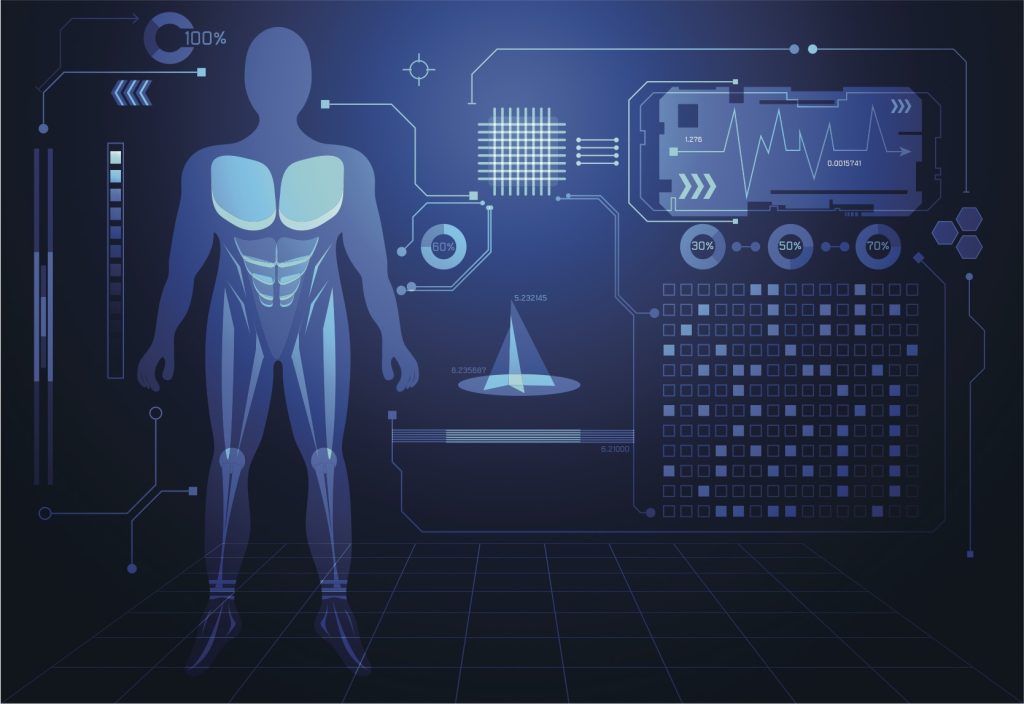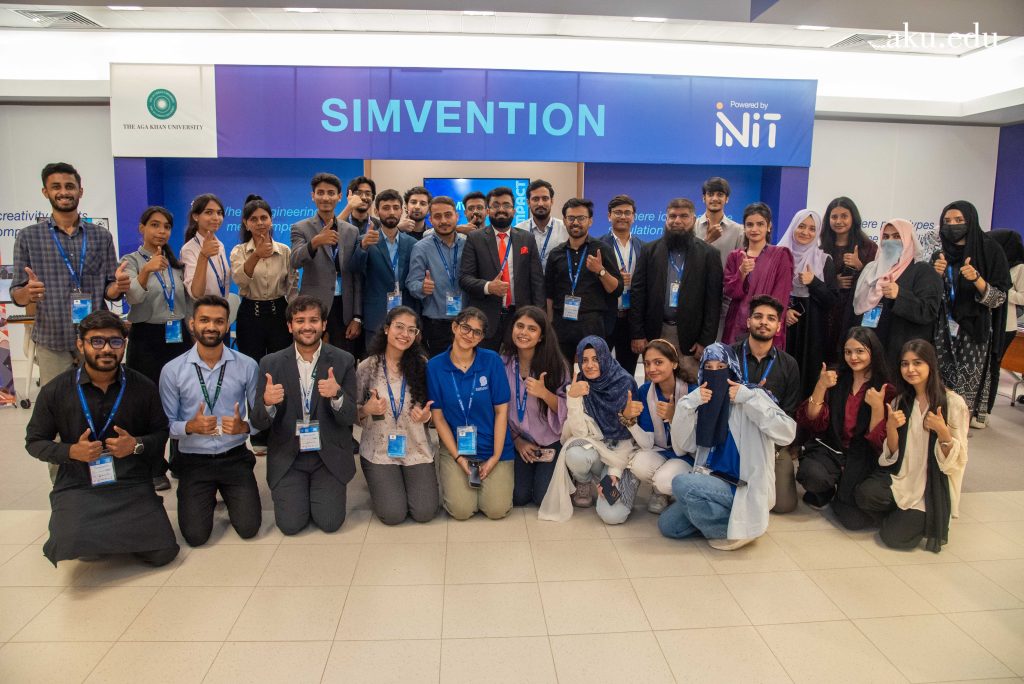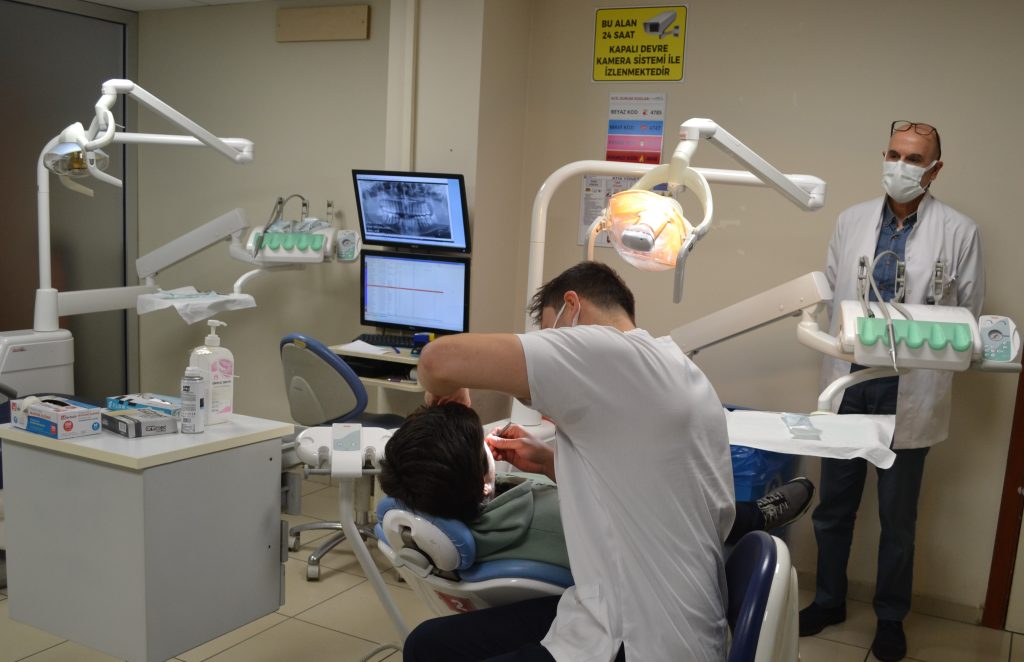The VI Ministerial Summit on Patient Safety, held in Santiago, Chile, marked another important step in discussing innovative strategies for the near future. Representatives from different nations came together to strengthen patient safety and well-being worldwide. SOCHISIM played a crucial role in proposing clinical simulation as a key tool for patient safety.
On April 17 and 18, Soledad Armijo, Marcia Maldonado and Claudia Arancibia, representatives of the Board of Directors of the Chilean Society of Clinical Simulation and Patient Safety (SOCHISIM), participated in the VI Ministerial Summit on Patient Safety. This event, which took place for the first time in Latin America at the Gabriela Mistral Cultural Center in Santiago, Chile, follows in the wake of previous Global Ministerial Summits on Patient Safety. Initiated in London in 2016, these summits have continued annually in cities such as Bonn (2017), Tokyo (2018), Jeddah (2019) and Montreux (2023), playing a crucial role in raising awareness of preventable harm in healthcare and promoting strategic approaches to strengthen patient safety globally.

This latest meeting brought together representatives from civil, clinical and governmental organizations from five continents, who shared experiences and discussed policies and initiatives to enhance patient safety. The contributions of Artificial Intelligence (AI),the experiences of the patients themselves, the ways of implementing incident recording and reporting systems globally, and of course the role of scientific societies and simulation in the improvement processes were part of the agenda.
After two intense days of activity, which included high quality presentations, simultaneous workshops, plenary discussions and bilateral meetings, the 47 participating countries signed a political declaration. This document commits countries to align their health systems with the seven strategic objectives for the period 2021-2030 established by the World Health Organization (WHO). This commitment is crucial, given that even in Organization for Economic Cooperation and Development countries, nearly 15% of hospital spending and activity is attributed to the treatment of patients affected by safety deficiencies. It is estimated that more than half of these harms could be prevented by working together to establish a safer healthcare system and a safety culture that emphasizes continuous improvement, learning and innovation (source: WHO).

Soledad Armijo, president of SOCHISIM, shared her enthusiasm for the opportunities for collaboration with professionals from different latitudes and the projection of future projects in the Chilean community. She emphasized the importance of the contribution of simulation and society in the promotion of patient safety. “It has been a great opportunity to meet with many wonderful professionals from all latitudes, and to discuss the ideas and proposals that come from technical organizations, hospitals, clinics, universities and professional training institutes and from our own society. In the Chilean community we project a near future of interactions and concrete projects that excite us and make us proud, as they reveal how important the contribution of simulation and our SOCHISIM is for other sectors of Chilean society,” commented Soledad Armijo. “It is an important and concrete task for SOCHISIM to generate synergistic, feasible and cost-effective work proposals and make them available to our Ministry of Health,which is celebrating 100 years contributing to patient safety, to contribute concretely to the reduction of avoidable errors and impact the well-being of patients, their families and communities.”
This event marks an important step towards a safer and healthier future, not only for Chile and the Latin American community, but for all of us.
READ ALSO












































